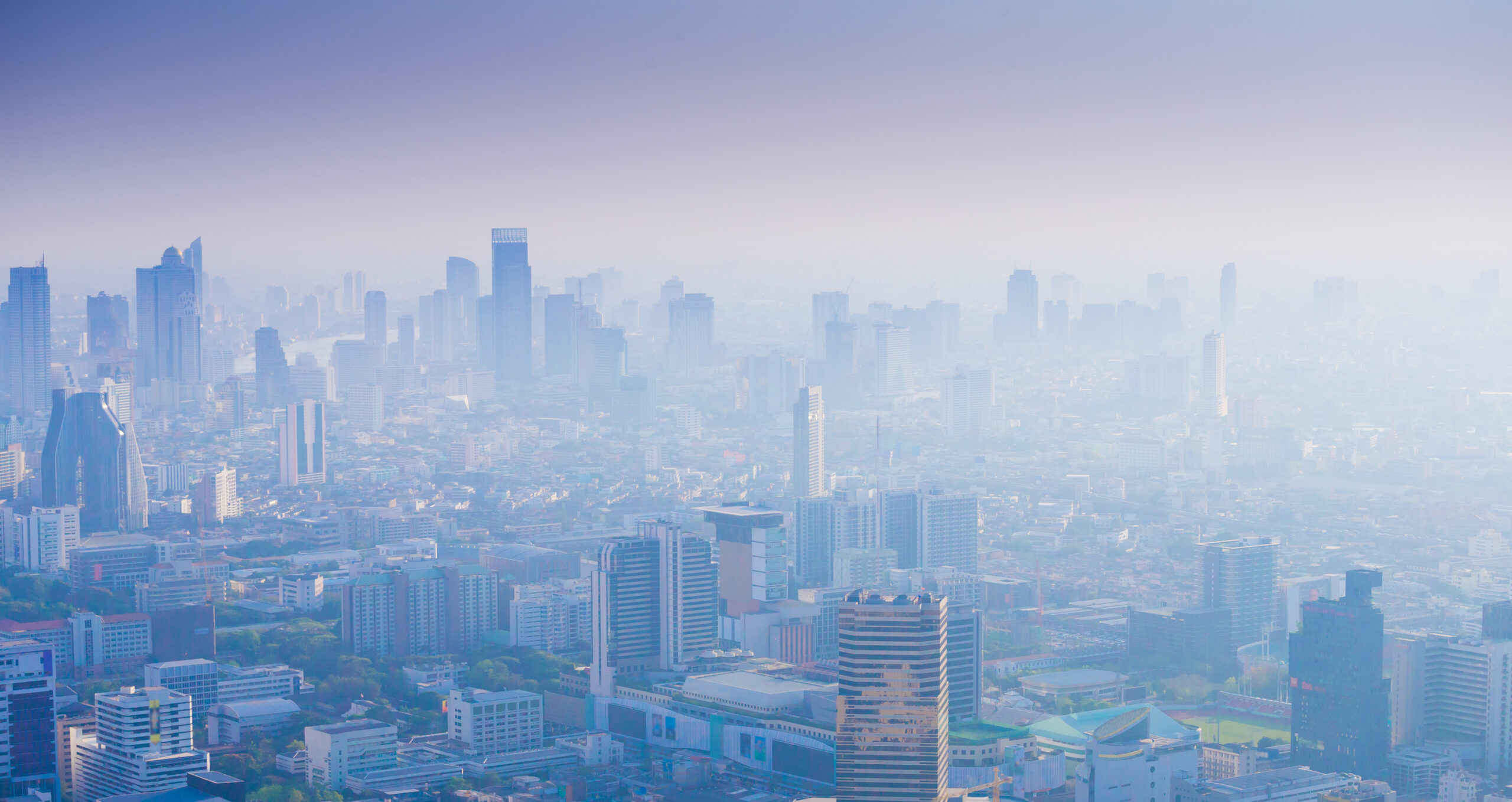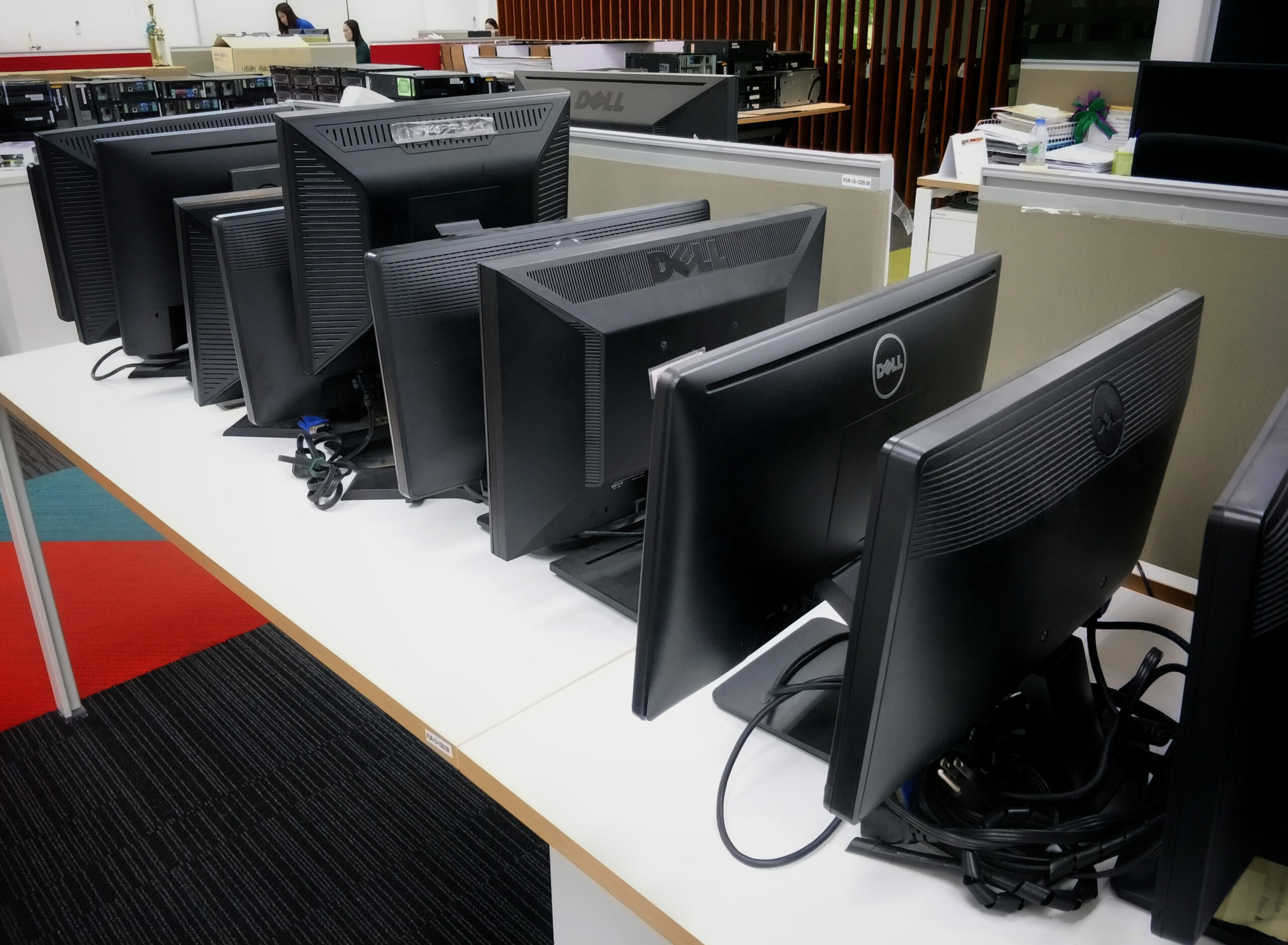
Top 10 Eco-Friendly Practices for Thai Businesses
A 2024 survey by Marketbuzzz and Thammasat University’s School of Global Studies found that environmental and pollution problems were the top public concern for 30% of respondents. The survey also reported that 74% of participants perceived these issues as having a detrimental impact on their quality of life.
During H1 2024, Thailand’s Energy Policy and Planning Office (EPPO) reported 121.9 million tonnes of carbon dioxide emissions caused by energy usage. Whilst it decreased by 2.5% compared to the previous year, it is still a cause for concern. This is further compounded by Thailand’s severe air pollution caused by a deadly combination of agricultural burning and toxic fumes from vehicles and industrial facilities. This has impacted 1.3 million people and hospitalised nearly 200,000 since the start of 2024.
With a workforce of 39.79 million as of April 2024, according to the Thailand Board of Investment, what can employers do to provide environmentally safe and clean workspaces? Here are actionable eco-friendly recommendations that you can implement in your workplace.
1. Going green starts with your company culture
Integrating a green-friendly mindset into your company’s vision, mission, and core values is a strategic decision that will benefit not only the environment but your business as well. Your eco-initiatives can lead to a more positive company culture, increased employee engagement, and enhanced brand reputation. This can attract like-minded businesses for successful and sustainable partnerships as well as skilled talent who want to work for companies that are aligned to their values.
2. Avoid greenwashing
According to Investopedia, greenwashing is “the process of conveying a false impression or misleading information about how a company’s products are environmentally sound.” Being environmentally friendly isn’t a bandwagon trend. It’s a long-term commitment to make the world a better place to live in. When developing green initiatives into your business, ensure that the outcomes have measurable and tangible results. Refer to the Thai government’s environment-focused initiatives for better compliance.
3. Offer flexible work options
Carbon monoxide emissions from transportation are a major contributor to Thailand’s air pollution problem. Help cut down this giant carbon footprint by providing flexible work arrangements such as work-from-home or hybrid work schedules. Aside from reducing transport use from going to and from the workplace, your employees will also be less exposed to polluted air. You’ll also save on electricity consumption in the workplace. Remote-friendly work set-ups can also help increase productivity whilst promoting work-life balance. It’s a win-win!
4. Donate or recycle office equipment
Instead of dumping your outdated computers at the garbage disposal, consider donating them to schools that are lacking in educational resources or charitable organisations that can still find use for them. Worn-out chairs, scuffed tables, and other old office equipment can still be repaired and recycled instead of purchasing new ones, saving you money and reducing your impact on land pollution.
5. Install clearly marked recycle bins
Make sure there are colour-coded trash bins in common areas in the workplace and properly label them. The Less Plastic Thailand organisation recommends the following trash bin labels and colours:
- Green for organic waste (food remains, leaves, fruits and vegetables, fruit peels without seeds)
- Yellow for recycling (plastic materials, paper, metal cans, bottles)
- Orange for hazardous waste (light bulbs, pesticides, batteries, electronics)
- Red for contaminated waste (mainly used in hospitals and should be safely disposed)
- Blue for landfill (used tissue, toilet paper, dirty cardboard boxes; this type should be reduced to lessen landfill trash)
6. Manage energy conservation
Implement an energy-saving policy in the workplace. Add reminders to switch off electronic equipment and turn off the lights in work areas when not in use. Reduce the use of electric lights during daytime by opening the blinds or curtains to let natural light in. For air-conditioning, use the timer to manage the duration of usage and adjust the thermostat to control the temperature at comfortable levels. Don’t forget to have the air-conditioning unit cleaned as this can make a big difference in energy consumption.
7. Go paperless
Advancements in digital and cloud computing technology have led to a significant decrease in paper usage and improved collaboration. From workforce management to payroll applications, there is a multitude of digital and software platforms that your company can take advantage of to foster a paperless work environment and reduce landfill trash.
8. Encourage reusable dishware and utensils
The Pollution Control Department reported in 2024 that Thailand generated 3 million tons of single-use plastic waste. Only 25% was sorted and recycled, with the remaining 72% ending up in landfills. Instead of using plastic bottles, plates, and utensils, store reusable cutlery, glasses, cups, bowls, and other dishware in your office pantry for your staff to use.
9. Add indoor plants
The presence of plants can improve indoor air quality by increasing oxygen levels and eliminating pathogenic viruses, bacteria, and other harmful airborne pollutants. It also makes your workplace more aesthetically pleasing and creates a calming environment.
10. Conduct environmentally themed CSR activities regularly
Include eco-friendly activities in your Corporate Social Responsibility (CSR) programs. Partner with environmental groups for a clean-up day or tree-planting. Invite experts for learning sessions with your staff to raise awareness and engage them into being more conscious about protecting the environment.
Working towards a better, healthier future
By advocating and implementing sustainability policies and practices in the workplace, your company can make a lasting contribution in protecting the environment whilst keeping your staff safe and healthy.
For more workforce management insights and employment opportunities, our expert specialists at ASW Consulting can guide you. Contact us for our professional talent advisory services.
Related blogs:
Extra Benefits for Thai Employees Beyond the Standard Package
Building a Culture of “Sanuk”: Tips for Creating a Happy & Engaged Thai Team
Respect and Hierarchy: Navigating Thai Workplace Relationships





